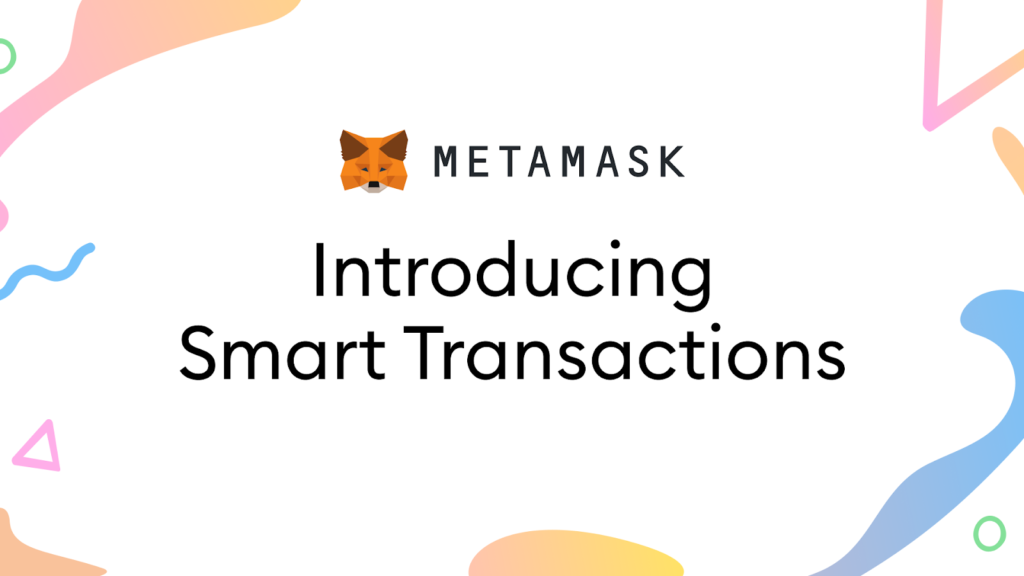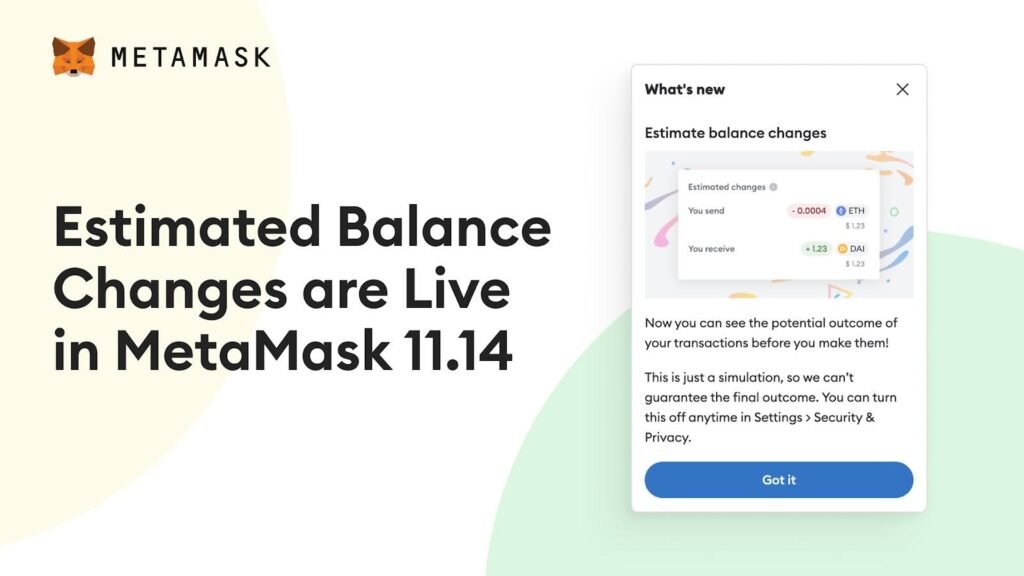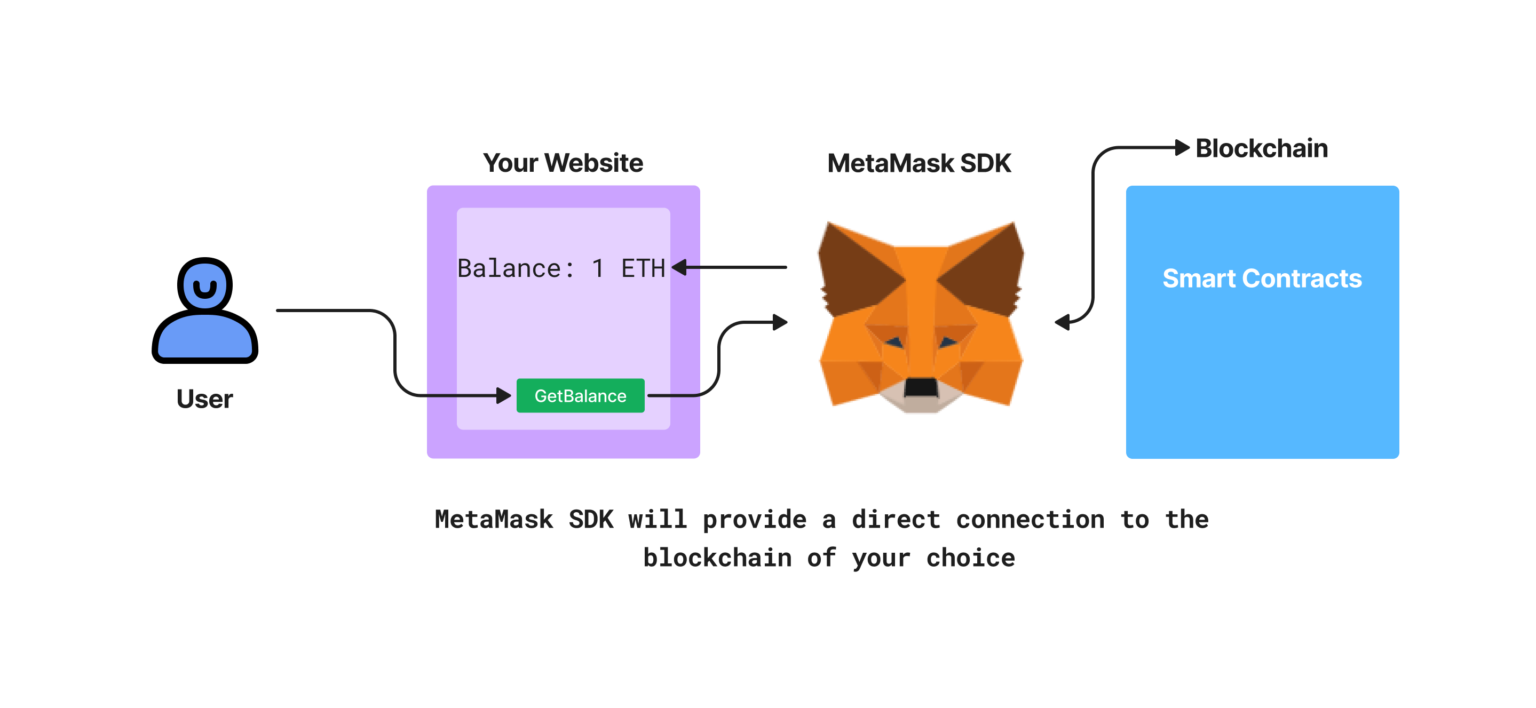This week, MetaMask, the most widely used Ethereum cryptocurrency wallet, will launch a new feature intended to assist users in avoiding the negative effects of maximal extractable value, or MEV.
Users will be able to submit transactions to a “virtual mempool” prior to them being formally cemented on-chain with the optional new feature known as Smart Transactions.
MEV, sometimes compared to the unsavoury practise of front-running orders in conventional financial markets, is additional revenue that blockchain operators can deduct from users by allowing them to examine or reorder transactions prior to them being posted to the network.

MEV significantly affects how Ethereum functions, increasing user costs, decreasing transaction speeds, and even causing transactions to fail in specific network scenarios.
The virtual mempool that MetaMask offers is similar to a private mempool, which is a tactic that is becoming more and more used for guaranteeing transaction privacy and guarding against MEV. It’s the platform’s initial move toward a far more ambitious vision that will fundamentally change the way MetaMask forwards transactions to Ethereum.
Because private mempool services let intermediaries alter transactions before they are posted to Ethereum, they can occasionally give rise to worries about centralization. Consensys maintains that its virtual mempool is unique and essential for tackling Ethereum’s significant hidden expenses.
How ‘Smart Transactions’ works
A user often instructs their blockchain wallet to submit a transaction to a chain like Ethereum via a public mempool, which is a waiting area for pending transactions managed by a decentralized network of bots and traders.
Together, “searchers” and “block builders” put together transactions into bundles known as blocks, which are then added to the blockchain’s digital ledger.

In an effort to increase their own profits, builders and searchers scan the mempool for lucrative trading opportunities. They occasionally rearrange transactions or cram their own trades into blocks. For regular blockchain users, this “maximum extractable value” phenomena may result in increased expenses, unsuccessful transactions, and slowdowns.
To power its virtual mempool, Metamask will make use of some of these similar operators, namely builders and searchers. In contrast to Ethereum’s open mempool, failure to complete transactions at the pricing MetaMask quotes to users would result in financial penalties for both builders and searchers on the virtual mempool.
According to Linehan, “95%” of the builders and searchers that presently run Ethereum have already chosen to participate in the program’s virtual mempool, which will start to roll out this week in stages. “Smart Swaps,” a more constrained version of the technology, has been on the market for a few months now.
According to Linehan, MetaMask’s virtual mempool network is unlike any other because of its vastness, transparency internal workings, and innovative incentive structure.
Apart from guaranteeing more affordable prices for customers, Linehan claims that the Smart Transactions function will facilitate the tracking of transaction status straight from MetaMask, eliminating the need for users to navigate to an external “block explorer” website such as Etherscan.



